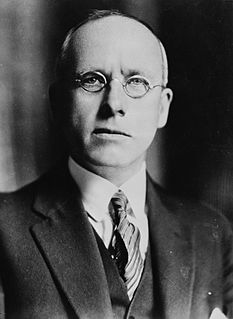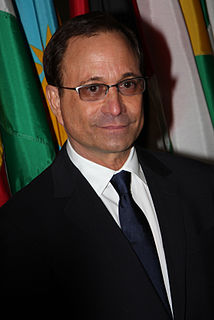A Quote by Fernando Pessoa
To think is to destroy. The very process of thought indicates it for the same thought, as thinking is decomposing.
Related Quotes
Awareness is not the same as thought. It lies beyond thinking, although it makes no use of thinking, honoring it's value and it's power. Awareness is more like a vessel which can hold and contain our thinking, helping us to see and know our thought as thought rather than getting caught up in them as reality.
Dialogue is really aimed at going into the whole thought process and changing the way the thought process occurs collectively. We haven't really paid much attention to thought as a process. We have engaged in thoughts, put we have only paid attention to the content, not to the process. Why does thought require attention? Everything requires attention, really. If we ran machines without paying attention to them, they would break down. Our thought, too, is a process, and it requires attention, otherwise its going to go wrong.
My thought process when I'm on the court is always thinking about getting better, and thinking about how I'm playing. Thinking about it as a process, as the big picture and what I need to work on, instead of being close-minded and thinking, 'I'm so nervous and have to win this match, if I don't, it'll be the worst.'
No one can stop or control your thought process or your thinking. You can think anything you want. But that doesn't seem to be the point. The thinking process has to be directed into a certain approach... not in accord with certain dogma, philosophy, or concepts. Instead, one has to know the thinker itself.
During the entire process of making this film I never thought about whom I was making it for. I always thought that the film was for me, but I didn't think of any of that. I just did what I thought I had to do. I didn't think, "This is what children are going to think" or "This is what adults will understand."
We must allow ourselves to think, we must dare to think, even though we fail. It is in the nature of things that we always fail, because we suddenly find it impossible to order our thoughts, because the process of thinking requires us to consider every thought there is, every possible thought. Fundamentally we have always failed, like all the others, whoever they were, even the greatest minds. At some point, they suddenly failed and their system collapsed, as is proved by their writings, which we admire because they venture farthest into failure. To think is to fail, I thought.
The conditions of a true critique and a true creation are the same: the destruction of an image of thought which presupposes itself and the genesis of the act of thinking in thought itself. Something in the world forces us to think. This something is an object not of recognition but of a fundamental encounter



































